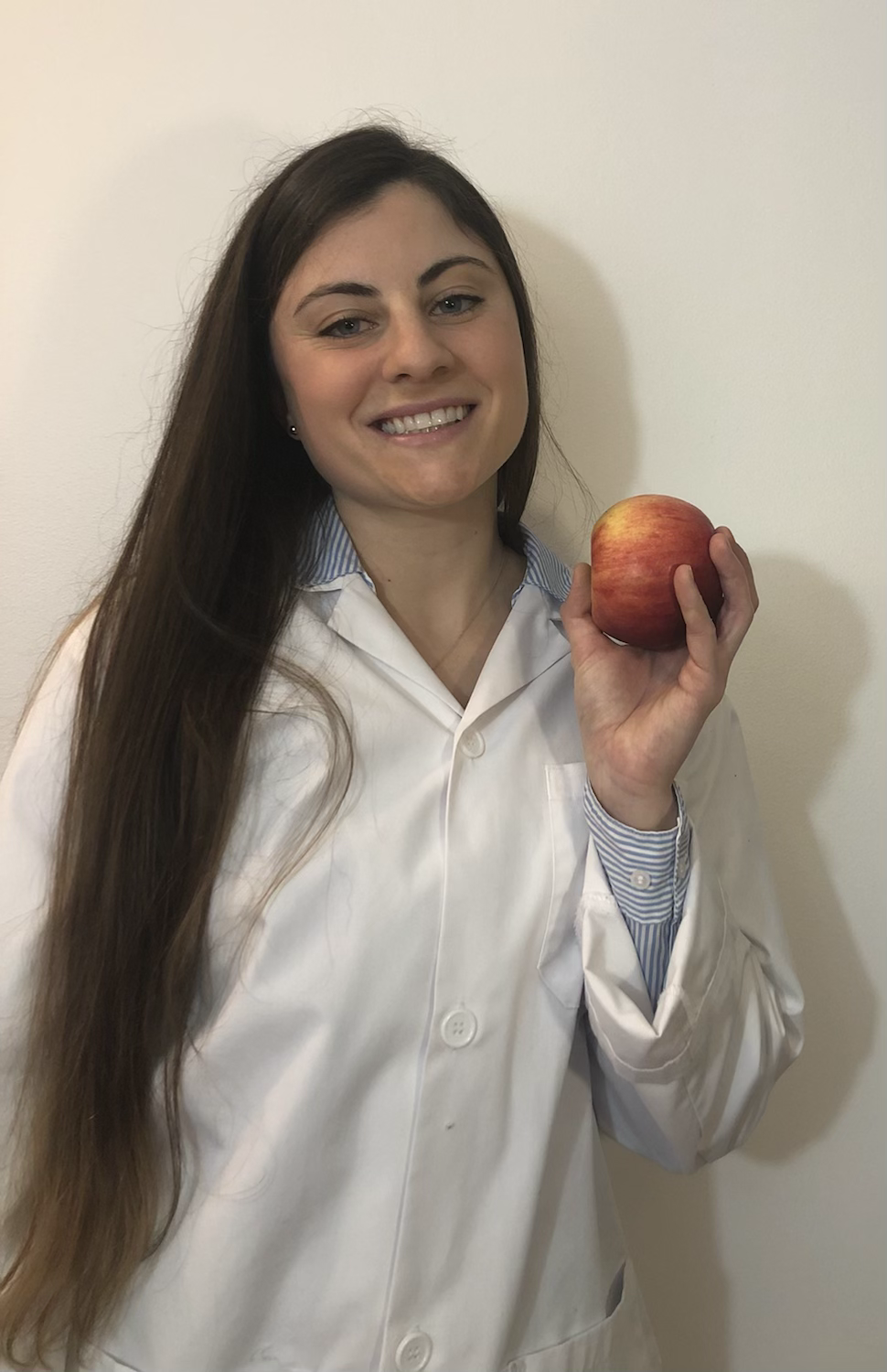How to Find Reliable Nutrition Information?
- Karine Drouin

- Mar 1, 2022
- 2 min read

(1)
It's easy to find nutrition information online. On the other hand, it is too easy to find unreliable information and to be misguided by all these nutrition coaches. How do you know if what you read is reliable? This article shows some questions we should ask ourselves before following or believing what the article proposes.
Is the article based on a personal story, testimonials or studies?
Nutrition information given in reputable articles should be based on science.
What study(s) is the article based on?
Is the article based on a single study?
On how many human subjects was this study done?
How long was the study conducted?
In what year was the research carried out?
Did the studies have a control group?
Were the studies designed double-blind (did the subjects and researchers know who had the treatment and who did not)?
Do other studies give similar results?
Is the article talking about a single food or nutrient?
There is no miracle food (the “super foods” do not exist). There is no magic nutrient. There is no detox juice.
Does the article attempt to promote a certain diet?
There is no miracle diet. All weight loss diets work the same way. That is, to consume fewer calories than you expend. Does the diet exclude a food group? Does the diet categorize foods as good or bad or green, yellow, red? Does this diet make you count your calories?
Is the author qualified to talk about nutrition?
What education has the author had to give advice on nutrition? In Quebec, nutritionists and/or dietitians (Dt.P., P.Dt. or R.D.) are the only regulated food and nutrition experts. What you say or write must be backed by science. So we weigh our words.
The following titles: Registered Holistic Nutritionist, Certified Nutritional Practitioner, RONP, RNCP, ROHP, RHN, CNP (2), nutrition coach are not regulated.
What year was the article written?
Perhaps there is more recent information and what was written is no longer accurate.
What is the purpose of the website?
Is the site trying to sell you juices, powders, supplements, meal replacements, or the like?
Do other sites claim the same thing?
Are there any spelling mistakes?
Here are some reliable nutrition web resources
University websites: https://www.hsph.harvard.edu/nutritionsource/
Recognized professional associations: https://www.unlockfood.ca/fr/Les-Sujets.aspx
Government agencies: https://www.who.int/health-topics/nutrition
Government sites: https://www.canada.ca/en/services/health/food-and-nutrition.html
https://www.nih.gov/
In short, there are several questions to ask whether we can trust the information read.
Karine Drouin RD
References
Image retrouvée le 8 février 2022 au https://www.flickr.com/photos/30478819@N08/50206091226
Cloud GO Health. (octobre 2017). Is there a difference between a Dietitian and Nutritionist? Retrouvé le 3 février 2022 au https://www.cloudgohealth.com/blog/is-there-a-difference-between-dietition-and-nutritionist~3758.html
North Dakota State University. (Février 2019). Finding the Truth I: Reliable Nutrition and Health Information. Retrouvé le 3 février 2022 au https://www.ag.ndsu.edu/publications/food-nutrition/finding-the-truth-i-reliable-nutrition-and-health-information
National Health Institute. (Octobre, 2018). Online Health Information: Is It Reliable? Retrouvé le 3 février 2022 au https://www.nia.nih.gov/health/online-health-information-it-reliable



Comments